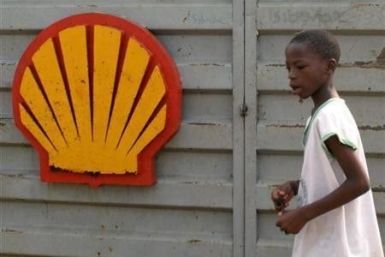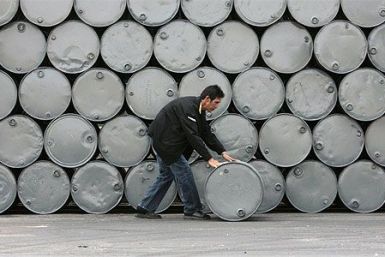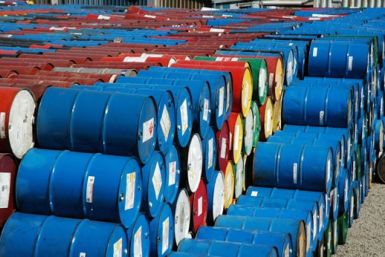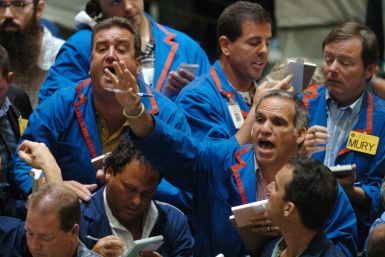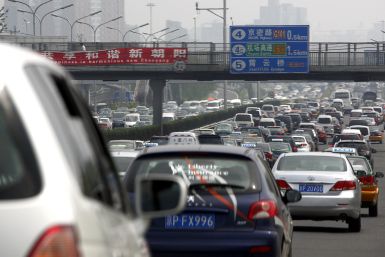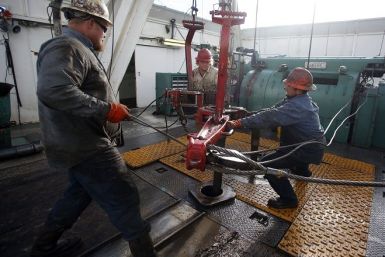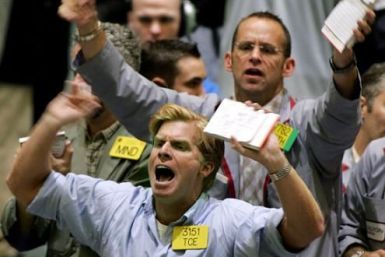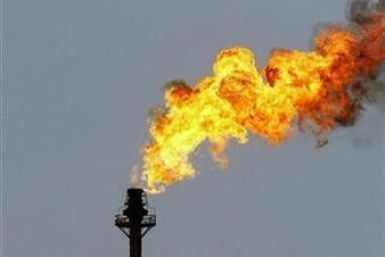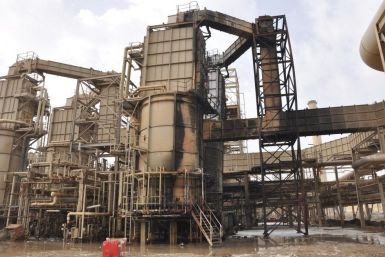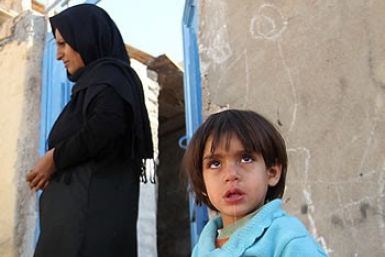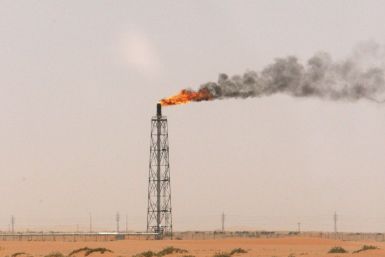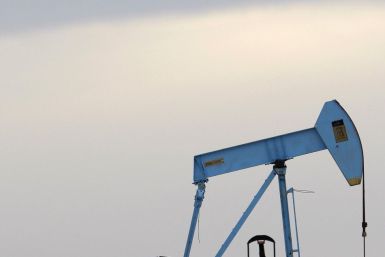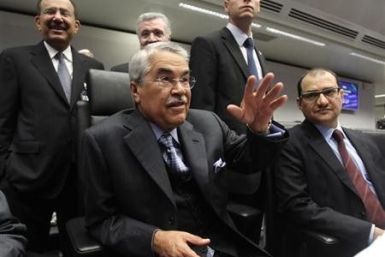Shell's Nigerian oil pipeline was shut down after the company found leaks opened by thieves.
OPEC's latest monthly forecast shows growing demand for oil but shrinking demand for its own product.
A new IEA report also said OPEC countries' crude oil supply rose in May to its highest level in seven months.
The majority of South American nations express support for President-elect Maduro, while the opposition demands a recount.
In its oil market report, OPEC cited renewed concern about the euro zone and Japanese economies.
Policy mandates to improve fuel economy will continue to cause lower crude use in non-OPEC countries.
It looks like U.S. energy self-sufficiency is now within reach, even as China becomes more import-dependent.
The U.S. crude oil production boom could mean not just the end of OPEC oil imports, but a strategic threat to China's growing economy.
President Barack Obama has also pledged to eliminate U.S. dependence on imported oil.
At $90, oil's price remains painfully high. But are we about to experience a gradual easing in crude's price?
The Hurricane Isaac-related shutdown of at least four U.S. oil refineries and an explosion at a major refinery in Venezuela -- the fourth-largest provider of oil to the U.S. -- could lead to oil prices rising as supply falls.
Global oil demand growth will fall next year below already very weak levels of 2012 due to a slow-down in economic activity, the west's energy watchdog said on Friday.
The financial situation in Iraq, one of the world's largest reservoirs of crude oil, has become grave.
As non-Persians, they have long faced discrimination, particularly with respect to employment, housing, and civil rights.
The IEA estimates world oil demand at 90.9 million bpd in 2013, and says fuel consumption in the developed economies of the Organisation for Economic Co-operation and Development (OECD) will be overtaken for the first time by non-OECD demand, a trend that is unlikely to be reversed.
Economic slowdown in the U.S., China and emerging markets, a rise in political tensions in the Middle East and Europe's debt crisis means oil consumption will not be rebounding anytime soon, according to the world's largest oil cartel.
Crude oil futures advanced Friday as sentiment was buoyed on expectations that the major central banks around the world would act to strengthen the global economy.
Brent crude futures turned positive while U.S. oil extended gains on Thursday after news that OPEC had agreed to keep its collective oil output ceiling unchanged for the second half of the year at 30 million barrels per day, according to a delegate to the conference.
Crude oil futures are slightly lower Thursday as investors await the outcome of the OPEC ministerial meeting in Vienna.
Crude oil futures hovered above $83 a barrel Wednesday ahead of a weekly report on US oil supplies as well as Thursday's OPEC ministerial meeting in Vienna.
Leaders of the world's 12-member crude oil cartel gather this week in Vienna to discuss and perhaps set a production ceiling for the group in what is expected to rubber stamp the current state of affairs. It is also expected to feature a fierce tug-of-war between Saudi Arabia, the cartel's dominant producer, and Iran.
Crude oil production from the Organization of the Petroleum Exporting Countries (OPEC) rose 40,000 barrels per day (b/d) to 31.75 million in May, a new survey has shown.










